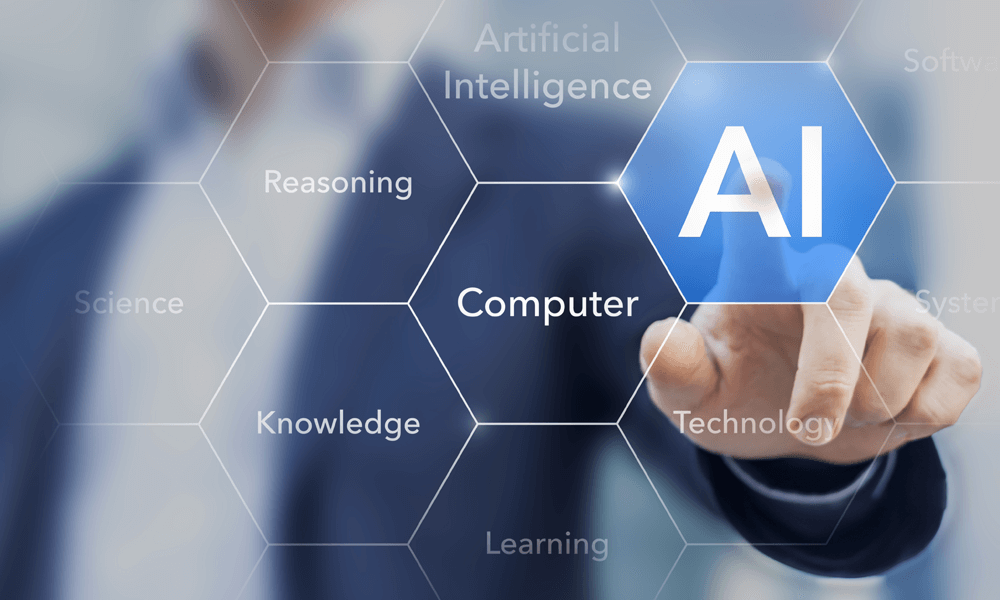DIGITAL LIFE

Latin America is losing ground in AI implementation
Latin America lags behind the rest of the world when it comes to implementing Artificial Intelligence (AI), with only 15% of companies applying this technology, mostly in pilot projects.
These figures are even more relevant when compared to the European Union, where AI is expected to have been implemented at 28%, the United States at between 35 and 38%, and China, where it is estimated to exceed 40%.
In this context, experts from the standardization and certification company NYCE, the MX Internet Association and consultancies such as BP Gurus and The White BX Project warned at a press conference that the region faces structural challenges that limit the responsible and effective implementation of AI.
At the press conference, they cited the low public investment in science and technology, equivalent to just 0.5% of the regional Gross Domestic Product (GDP), well below the 2.4% recorded in developed countries, according to UNESCO data, the low levels of digital literacy and the technological dependence on models trained with data external to the local reality.
According to experts, these factors increase the risk of exclusion, the reproduction of discriminatory prejudices and the concentration of benefits in specific urban or economic sectors.
“This gap shows not only a difference in technological capabilities, but also in strategic vision, digital infrastructure and institutional readiness to integrate AI in a safe and ethical way,” said Carlos Pérez, director of NYCE and president of the Mexican Council for Standardization and Conformity Assessment (Comenor, in Spanish).
For this reason, experts stress the need to move towards co-regulatory models, in which global technical standards and national legal frameworks coexist with a local ethical and cultural vision.
They also propose promoting the training of talent in science, technology and the humanities, as well as the development of public policies that articulate social and productive priorities.
"The development of technological solutions with a cultural and social vision can become a competitive advantage. But to achieve this, it is essential to promote inclusive education in science and technology that also integrates ethical and humanistic dimensions", said Ariana Bucio, director of BP Gurus.
In this context, they also promoted the use of the international standard ISO/IEC 42001, which establishes principles of governance, security, accountability and risk mitigation in the implementation of AI.
In addition, they argued that this technical framework, developed by the International Organization for Standardization (ISO), makes it possible to anticipate and control the three main risks associated with AI: algorithmic biases, privacy violations and lack of transparency.
mundophone

No comments:
Post a Comment